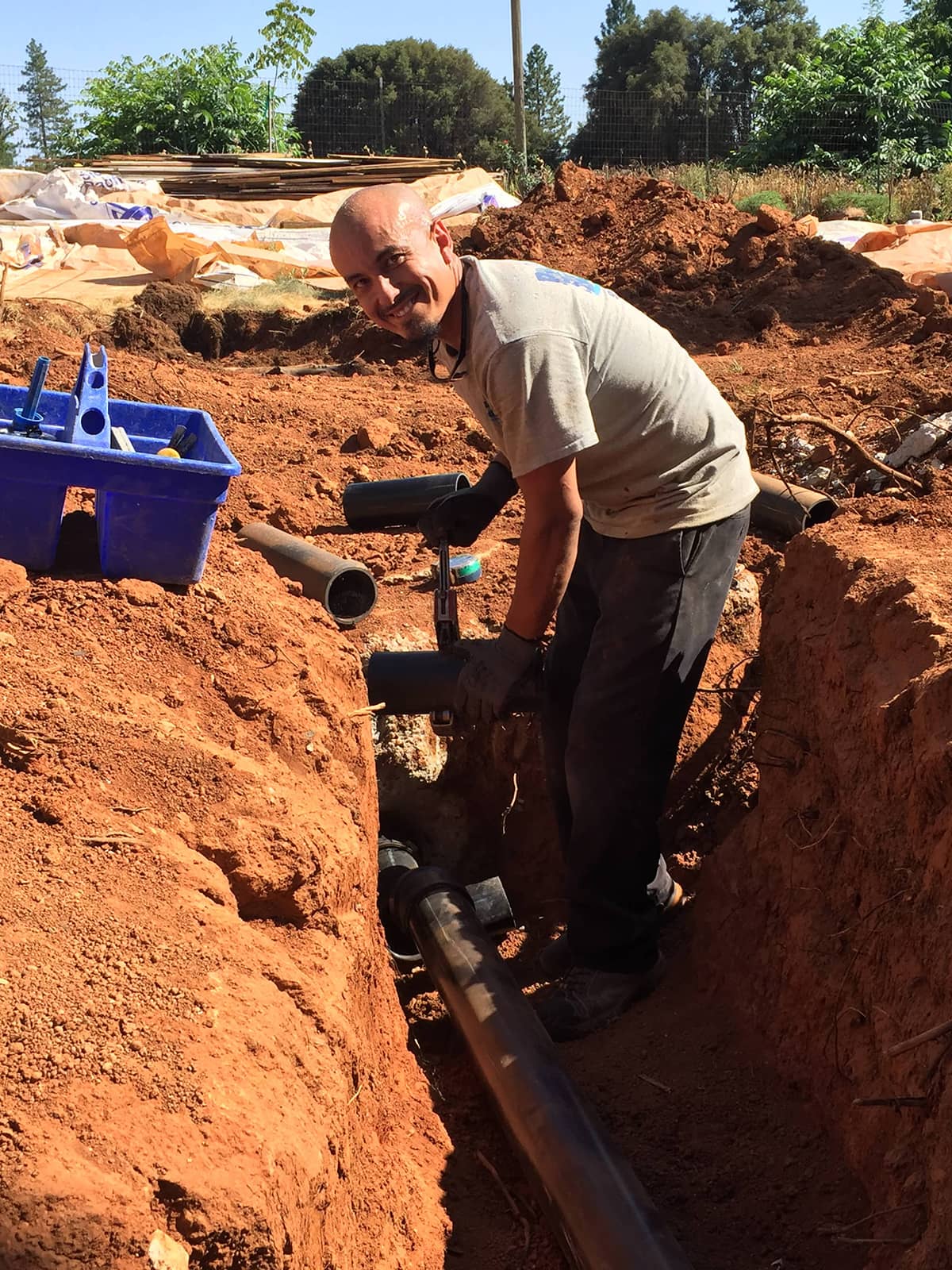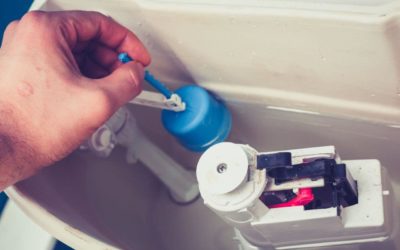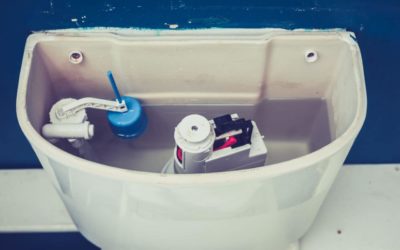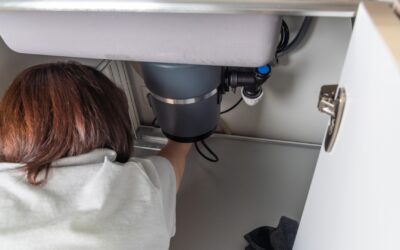Over the years, I’ve gained a ton of experience with different types of water heaters.
One of the best types available today is tankless water heaters. A tankless water heater, or on-demand water heater, heats water without using a storage tank. When a hot water tap is turned on, cold water travels through your pipes into the unit, and either a gas burner or an electric element heats the water to deliver a constant supply of hot water.
And while I can’t say enough about the convenience and efficiency of tankless water heaters, it’s important to consider their disadvantages. Here’s an in-depth look at the downsides of tankless water heaters from my professional perspective.
Initial Cost and Installation Complexity
The high initial cost is one of the most significant disadvantages of a tankless water heater.
Not only are the units themselves more expensive than traditional tank models, but the installation costs can also be higher. This is because tankless systems often require additional plumbing and electrical work to accommodate their unique demands.
This might mean upgrading the existing electrical system in older homes, which adds to the overall cost.
Inconsistent Water Temperature
Another issue I’ve noticed with some tankless water heaters is the potential for inconsistent water temperatures.
These units heat water on demand but can struggle to maintain a steady temperature when multiple outlets are in use simultaneously. For example, if someone is taking a shower and another person starts the dishwasher, the shower might suddenly become colder.
Limited Output
Tankless water heaters have a limited flow rate, which means they can only heat a certain amount of water at any given time.
While they can provide endless hot water, they can’t supply it to multiple sources simultaneously as effectively as tank heaters can.
This can be limiting in larger households or situations where simultaneous hot water use is common.
Life Expectancy and Maintenance
Although tankless water heaters have a longer life expectancy than traditional tank models, they require more maintenance, which adds to the total cost of ownership and may be considered a hassle by some homeowners.
They need to be descaled annually to remove mineral buildup, especially in areas with hard water.
If they aren’t properly maintained, their efficiency can degrade over time, and they may even fail prematurely.
Complexity of Repairs
When tankless water heaters have issues, repairing them can be more complex and expensive than tank heaters.
Tankless water heaters have sophisticated electronic components and intricate designs requiring specialized knowledge to diagnose and fix.
As a plumber, I’ve found that not all of my colleagues are as familiar with these systems, making finding a qualified technician more difficult for homeowners.
Environmental Impact
Although tankless water heaters are generally more energy-efficient, their environmental impact is not entirely positive.
Many models use natural gas, which contributes to greenhouse gas emissions, and the complexity and materials used in tankless heaters may make them less eco-friendly to manufacture and dispose of at the end of their life cycle compared to simpler tank models.
Dependent on Electrical Power
Most tankless water heaters rely on electricity to operate their controls, even if they use gas as the heating source. This means that in a power outage, you may be left without hot water.
Traditional tank heaters, especially gas models with a pilot light, can often continue providing hot water even during power outages.
Conclusion
While I’m still a huge proponent of tankless water heaters and their many benefits, including energy efficiency and space-saving design, they come with some disadvantages.
As a plumber, I always recommend that homeowners consider these factors carefully and weigh them against their specific needs and circumstances before deciding on a water heating solution. What works best for one home might not be the ideal choice for another.
If you live in the Sacramento area and want to learn more about tankless water heaters and the other modern water heaters available, contact Sacramento Plumbing Solutions today. We’ll help you determine the best water heating option for your home.





